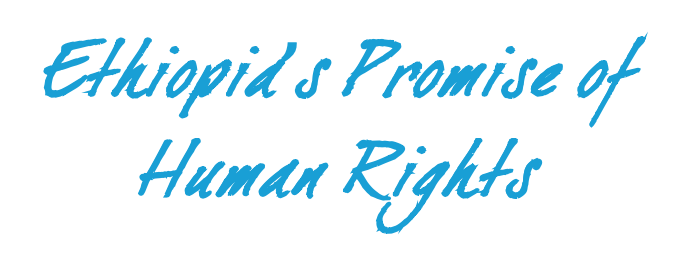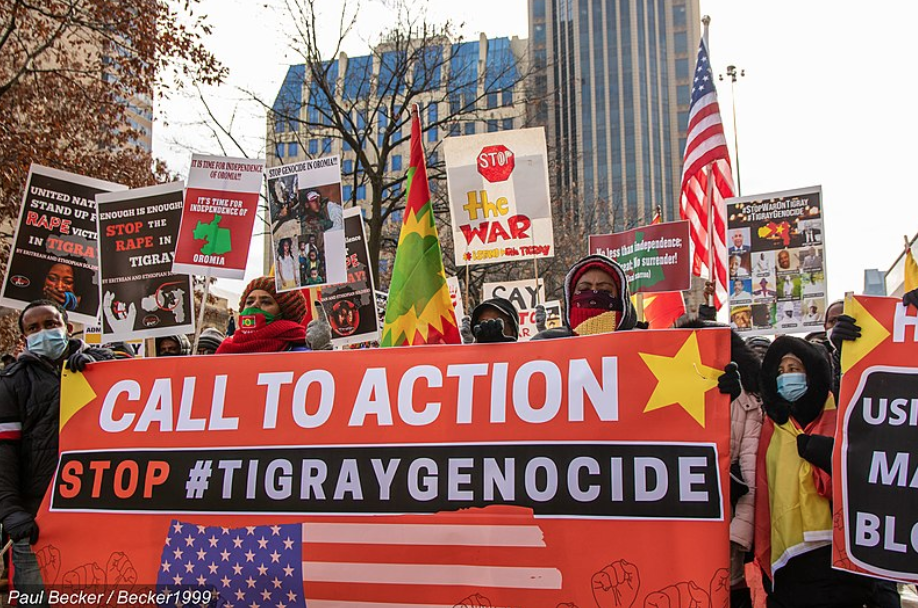Ethiopia is a signatory to global and pan-African documents and institutions that promote human rights. The country has ratified the UN Convention on the Prevention and the Punishment of the Crime of Genocide, the UN Convention on the Elimination of Discrimination against Women (CEDAW), and the UN Convention on the Rights of the Child.
Pan-African engagement includes being a signatory or member of the following:
- 1963, Organization of African Unity (OAU). The OAU was designed to protect the rights and liberties of African citizens.
- 1999, the Sirte Declaration. This statement led to the creation of the African Union (AU), urging a foundation of “stronger unity, solidarity, and cohesion in a larger community of peoples transcending
cultural, ideological, ethnic, and national differences.”
- 2000, the Constitutive Act of the African Union. This document has been ratified by all but South Sudan and Morocco.
- 2002, the African Union (AU) replaced the OAU and became the geo-political entity covering the entirety of the African continent.
- 2020, Ethiopia ratified the AU Convention for the Protection and Assistance of Internally Displaced Persons in Africa. Known as the Kampala Convention, this treaty promotes the prevention and resolution of internal displacement caused by armed conflict, natural disasters, and large-scale development projects in Africa. Fully one-third of the world’s displaced people are in Africa, despite 31 African countries having ratified this legally-binding Convention.
The Constitutive Act of the African Union specifies the aspirational human rights goals of the AU.
- To encourage international cooperation, taking due account of the Charter of the United Nations and the Universal Declaration of Human Rights.
- To promote peace, security, and stability on the continent.
- To promote democratic principles and institutions, popular participation, and good governance.
- To promote and protect human and peoples’ rights in accordance with the African Charter on Human and Peoples’ Rights and other relevant human rights instruments.
Ethiopia has made an international commitment to human rights and peace. How, then, does a crisis such as the situation in Tigray occur?
We suggest that it occurs through global indifference; through ongoing impunity for perpetrators; and through the willingness of state leaders to prioritize power and control over the security of the people within their national borders.
The doctrine of Responsibility to Protect, enshrined at the United Nations in 2005, mandates that when a state is either unable or unwilling to protect its own people, the world has an obligation to intervene. Yet despite the UN Office on Genocide Prevention and clear warning signs of impending crises, there is no punishment for being a bystander and no mechanism for mandated intervention, whether political, diplomatic, economic, or military.
There must be greater accountability. There must be an end to indifference. There must be action to protect.




